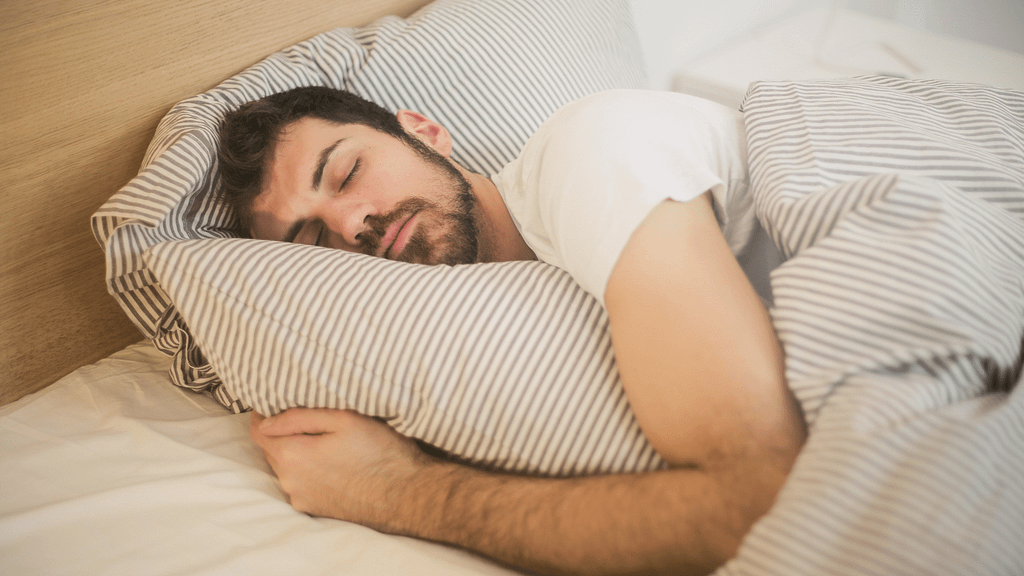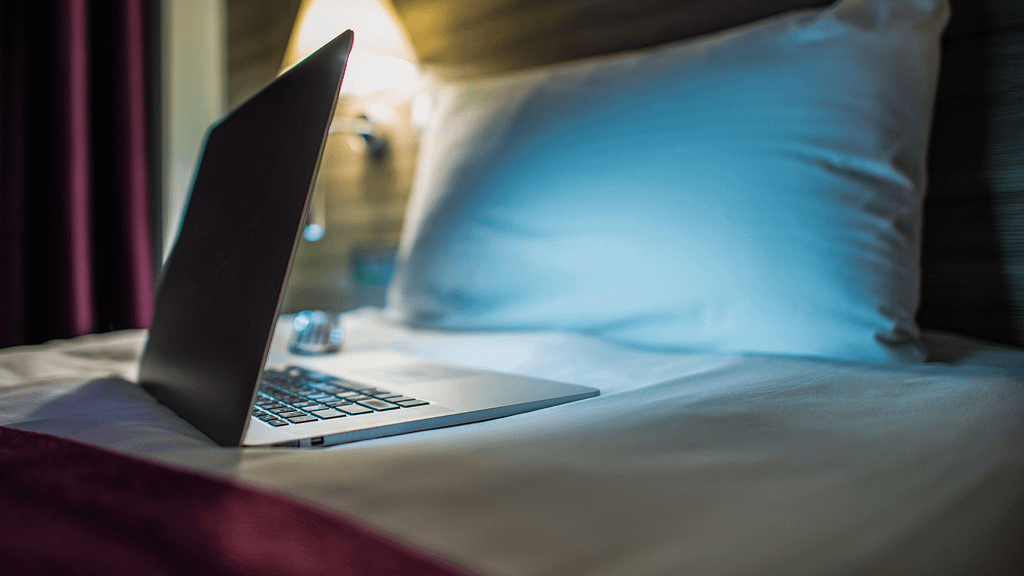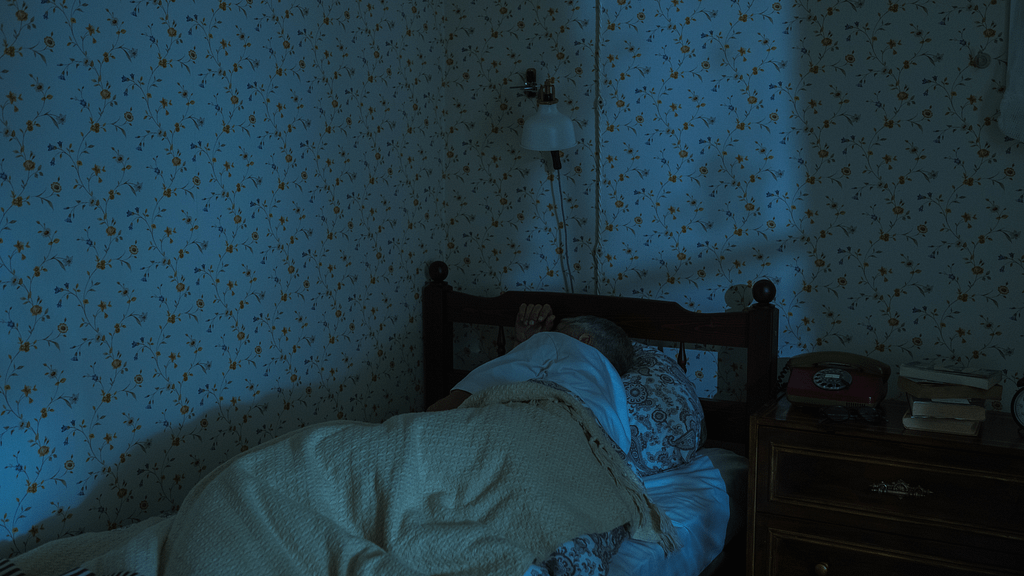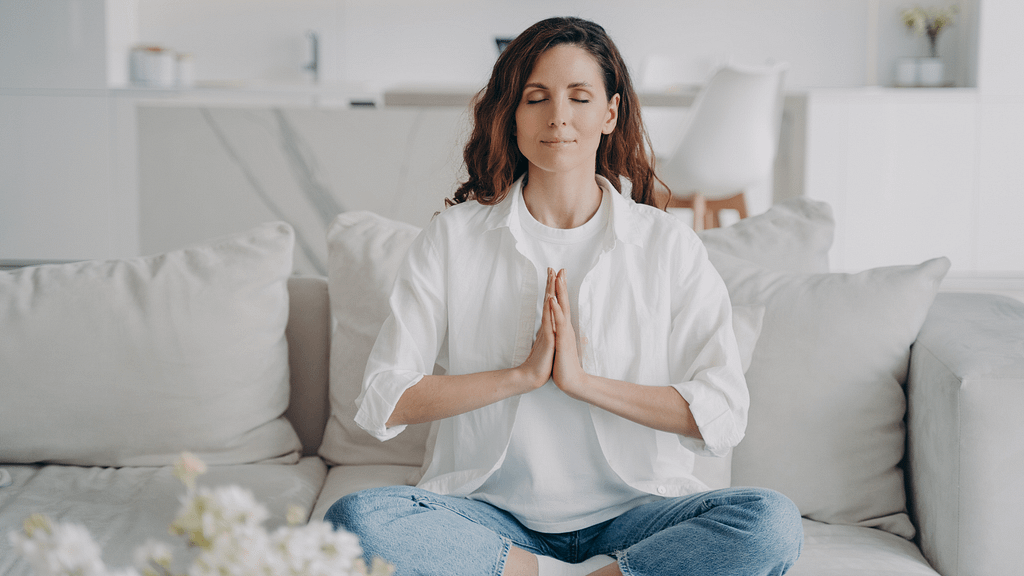
There are several factors that affect the quality of sleep, but the most important one is maintaining a routine for sleep. Poor sleeping, lying up in the night, or sleeping at different times each night can seriously disrupt the internal body clock, the circadian rhythm. When this rhythm is off, poor quality of sleep leaves you groggy, tired, or perhaps even a little anxious the next day. Contributing factors to poor sleep timing include late-night screen use, high levels of stress, heavy meals consumed before bed, and lack of a routine. Here’s a detailed look into the 10 ways to improve your sleep quality, especially if you have been struggling with irregular sleep patterns.
1. Stick to a Consistent Sleep Schedule
Sleep and wake time should be as consistent as possible. This ensures the body’s natural clock is regulated. It will, thus know what to expect if you go to bed at and rise at a definite hour. Consistency even on weekends makes the quality of sleep better.
Tip: Create a regular bedtime as well as wake-up time. Normally, a grown-up needs to sleep between 7 to 9 hours every night.

2. Establish a Soothing Bedtime Routine
It is possible to train your body to relax itself before bed by having a routine for sleep. This can be achieved through the practice of reading a book, taking warm bath, or engaging in light stretches to notify your brain that it is time to wind down.
Tip: Avoid stimulation such as work or using electronic devices since they may make the relaxation process more difficult.

3. Don’t Watch Screens Before Bed Time: 10 Ways To Improve Your Sleep Quality
The flashing blue light from your phone, tablet, or computer is highly interfering with the hormone in your body, melatonin, which controls your wake/sleep cycle. You will sleep way faster as your body will produce melatonin without all the screen time right before bed.
Tip: Shut down all screens at least 30 minutes before bedtime or use the blue light filter on the devices.

4. Improve Your Sleep Environment
A cool, dark, and quiet bedroom is conductive to better sleep. Optimal sleep temperatures are preferred at 60-67°F (15-19°C). Blackout curtains can minimize light penetration, while a white noise machine or earplugs can suppress noise.
Tip: Make sure your mattresses and pillows are comfortable and supporting, ensuring proper rest.

5. Watch What You Eat and Drink: 10 Ways To Improve Your Sleep Quality
All of that heavy food, as well as caffeine and alcohol, can interfere with your ability to get much-needed sleep. Caffeine will stay in the body for hours, making sleep almost impossible to achieve, even though you may fall asleep due to the effects it has on the body. Alcohol lowers your central nervous system so you go to sleep, but you are going to get disturbances in the middle of the night.
Tip: Avoid those heavy meals and drinks containing caffeine 4-6 hours before you attempt sleep for a good night’s rest.

6. Be Active During the Day
Daily physical activity will help you sleep at night because you would fall asleep quicker and more soundly. Avoid vigorous exercise within hours of sleep, however, as this would make you feel alert instead of drowsy.
Tip: Be certain to do at least 30 minutes of moderate exercise throughout the day, but cease exercising several hours before sleep.

7. Reduce Stress and Anxiety: 10 Ways To Improve Your Sleep Quality
It is possible that mental stress and anxiety might keep you wake at night. Mindfulness practices, meditation, deep breathing, or journaling can help soothe your mind before sleep; therefore, it becomes easier to plunge into a deep slumber.
Tip: Relaxation techniques should be practiced regularly in order to decrease nighttime stress and enhance sleep quality.

8. Reduce Naps During the Day
While short naps can sometimes revive you, long or late naps can interfere with your nighttime sleep. If you must nap, keep the duration short at 20 to 30 minutes and avoid napping after 3 p.m.
Tip: Feeling tired during the day? Try a quick power nap, but avoid napping too late.

9. Exposure to Natural Light
It might help regulate your circadian rhythms, making it easier to fall asleep at night and wake more cheerfully in the morning. Getting outside during the day, but particularly in the morning, can also strengthen this natural sleep-wake cycle.
Tip: Get some natural sunlight for at least 15-30 minutes a day, preferably in the morning.

10. Ask for Help if You Need It
If these hints do not even help and your sleep is still poor, you could be suffering from an underlying sleep disorder like insomnia or sleep apnea. You should talk to a healthcare provider for proper diagnosis and treatment options to get your sleep right.
Tip: Seek a sleep specialist if poor sleep persists despite lifestyle changes.

Conclusion
Improve your sleep: Quality sleep can lead to physical and mental health benefits. Use the following 10 tips that will help you develop healthier sleep practices, regulate your sleep schedule, and have more restful nights. Small routine changes may mean great things for improving the quality of sleep.


Pingback: Anti-Aging Secrets: Natural Ways to Look and Feel Youthful - Health Harmony